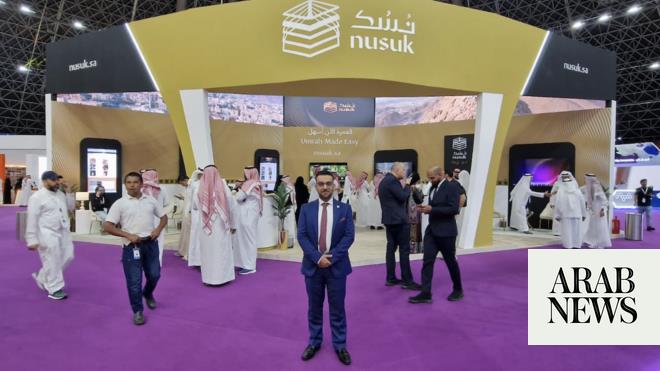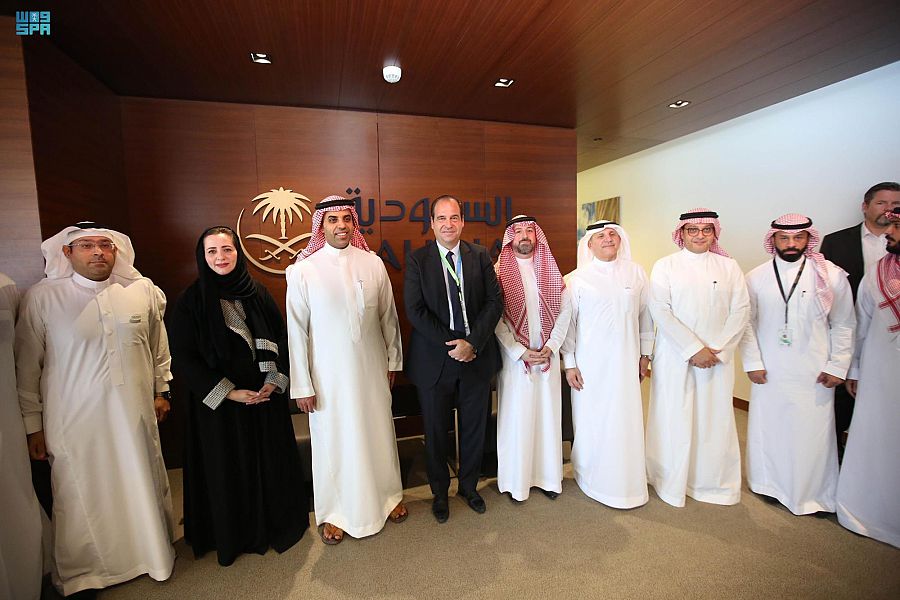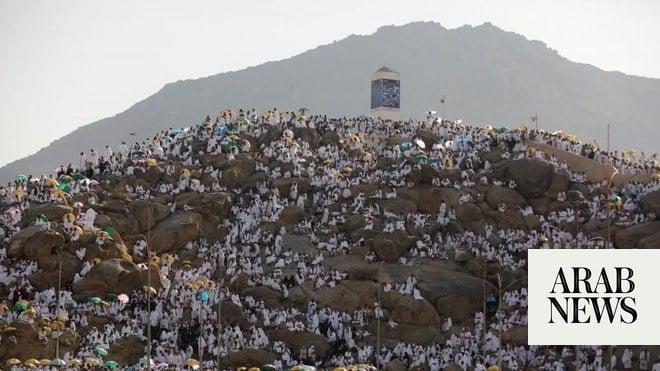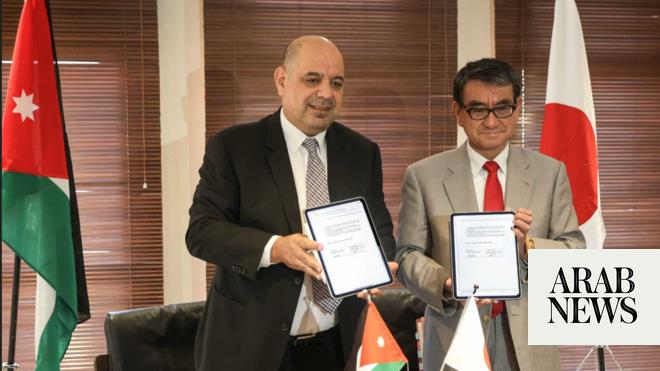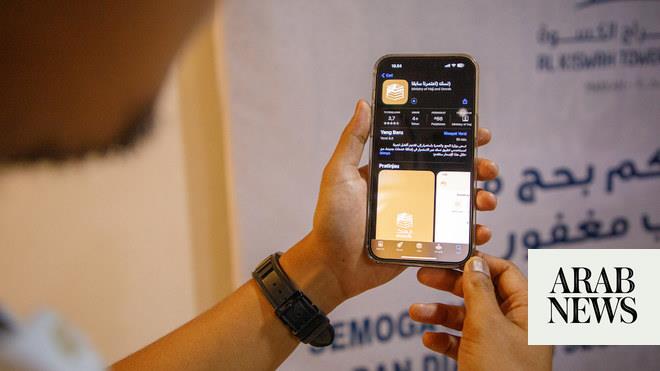
JEDDAH: As part of its digital solutions package for this year’s Hajj season, the Ministry of Hajj and Umrah has launched the Hajj Smart Card.
It aims to streamline procedures and facilitate pilgrims’ journeys while they perform their rituals, and plays a crucial role in guiding lost individuals and facilitating communication with Hajj group leaders.
According to the ministry, there are two versions of the smart card. The digital version can be accessed through the Nusuk application and provides comprehensive information about the pilgrims, including their place of residence, health records, itinerary, and other services.
The printed smart card, meanwhile, includes details such as identity number, nationality, and the address of the pilgrimage company. Additionally, it features a QR response code.
The pilgrim’s data can be fully accessed by Hajj workers through a specific app, enabling them to assist and guide the pilgrims whenever necessary.
The ministry also stated that the smart card offers various digital services, including complaint submission, service evaluation, and a map highlighting important sites.
The project was first implemented four years ago. Each year, the experience has been improved and refined as part of the ministry’s digital transformation to provide the best services to Hajj pilgrims.
Meanwhile, the Saudi Press Agency reported on Sunday the launch of the first trips of m Al-Mashaaer Al-Mugaddassah Metro Line for this Hajj season. The trains will transport pilgrims between the nine stations in Mina, Arafat, and Muzdalifah.
Saudi Arabia Railways has expended significant resources over the past few months to get ready for the transportation of pilgrims, performing extensive maintenance work on all 17 trains and developing all operational systems, including systems for trains, signaling and communication, and the systems used in the operation and control center.
To manage crowds within the stations, Saudi Arabia Railways has hired more than 7,500 seasonal workers, which include people who speak English, Urdu, Turkish, the major Nigerian languages, Indonesian, and Arabic.
Mousa Al-Zahrani, the director general of Al-Mashaaer Al-Mugaddassah Metro Line operations, said the employees are fully aware of their responsibility to serve pilgrims, and are striving to use all available resources to ensure a smooth and safe Hajj season.




